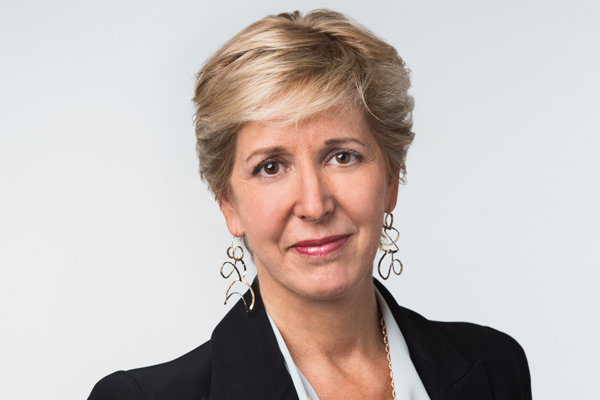WTH Should I Read This Summer? “The Peacemaker: Ronald Reagan, the Cold War, and the World on the Brink” by Will Inboden
August 16, 2023
The What the Hell crew continues our summer reading series! Our next pick is The Peacemaker: Ronald Reagan, the Cold War, and the World on the Brink. The Peacemaker’s focus is Ronald Reagan’s foreign policy, adding to previous research with recently declassified national security documents. But just as importantly, the history presented reminds us why the challenges we face today—socialism rebranded, struggles for sovereignty in Ukraine and Taiwan—are not novel. In fact, it is pretty simple to guess where Reagan might have stood in 2023. Inboden underscores as well that, contrary to popular opinion, the fall of the Soviet Union under Reagan was never inevitable, but required a real US policy shift. It is worth the read (or, if you are like Marc, the audiobook listen) to remember the cold war muscles the US built not too long ago, or even just to remember what decorum and strength in leadership looks like in government.
Bonus: Reagan’s legacy lives on at the Reagan Institute; listen to our podcast on their summer survey here.
William Inboden is the Professor and Director of the Hamilton Center for Classical and Civic Education at the University of Florida. He previously served as William Powers, Jr. Chair and Executive Director of the Clements Center for National Security, Associate Professor at the LBJ School of Public Affairs, and Distinguished Scholar at the Robert S. Strauss Center for International Security and Law, all at the University of Texas-Austin. He also serves as Editor-in-Chief of the Texas National Security Review. Inboden’s other current roles include Associate with the National Intelligence Council, member of the CIA Historical Advisory Panel, member of the State Department’s Historical Advisory Council, and Senior Fellow with the Trinity Forum.

